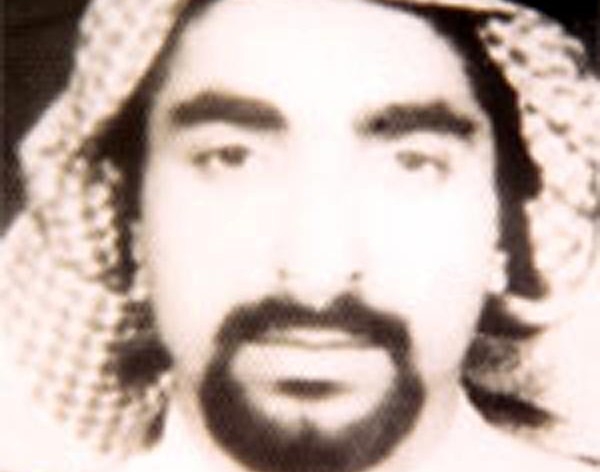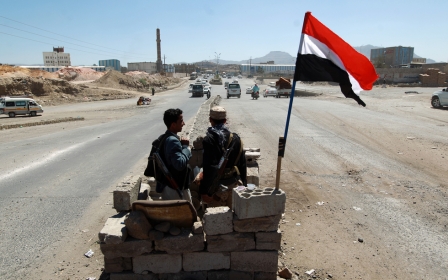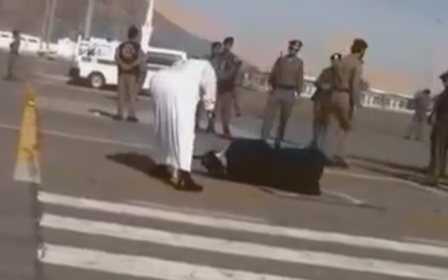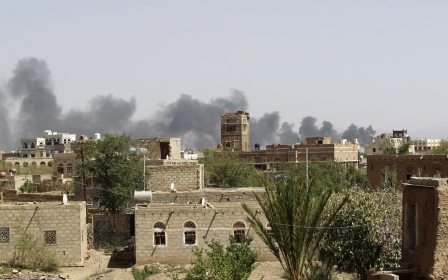Suspect in Saudi's 1996 Khobar Towers bombing captured in Beirut

The main suspect in the 1996 Khobar Towers bombing has been arrested in Beirut, according to Saudi news sources.
According to Asharq al-Awsat, Ahmed al-Mughassil, leader of the Hezbollah al-Hejaz, who had previously been indicted for the attack on a US military base in Saudi Arabia that killed 19 US service personnel and wounded almost 500 people in 1996, was captured in the Lebanese capital on Wednesday after spending 20 years on the run.
"The discovery of Mughassil and his arrest in Lebanon and his subsequent transfer to Saudi Arabia is a qualitative achievement, for the man had been in disguise in a way that made it hard to identify him," the Saudi daily said.
Saudi Arabia has so far not commented on the arrest.
Saudi Arabia and the US have long accused Iran of being behind the attack - something the Islamic Republic denies - and in 2006 a US federal judge ordered Iran to pay $254mn to the families of 17 of the US service personnel killed in the attack.
"The totality of the evidence at trial ... firmly establishes that the Khobar Towers bombing was planned, funded and sponsored by senior leadership in the government of the Islamic Republic of Iran," wrote US District Judge Royce C Lamberth Lamberth. "The defendants' conduct in facilitating, financing and providing material support to bring about this attack was intentional, extreme and outrageous."
The court ruling stated that the truck bomb used in the attack had been assembled at a base operated by Hezbollah and Iran’s Revolutionary Guards in Lebanon's Bekaa Valley.
It also claimed the attack was approved by Iran's Supreme Leader Ayatollah Ali Khamenei, while some security officials said that there were "signs that al-Qaeda played some role, as yet unknown".
Author Abdul Bari Atwan also claimed that al-Mughassil's indictment had been a stitch-up to cover for al-Qaeda's involvement.
"The Saudi authorities were at pains to implicate Shi'i militants backed by Iran in this attack, since the embarrassing truth that they had their very own homegrown militancy problem was inadmissible," he wrote in 2006.
"They did not want to give the impression that there was domestic opposition to the deployment of US troops on Saudi soil."
New MEE newsletter: Jerusalem Dispatch
Sign up to get the latest insights and analysis on Israel-Palestine, alongside Turkey Unpacked and other MEE newsletters
Middle East Eye delivers independent and unrivalled coverage and analysis of the Middle East, North Africa and beyond. To learn more about republishing this content and the associated fees, please fill out this form. More about MEE can be found here.




